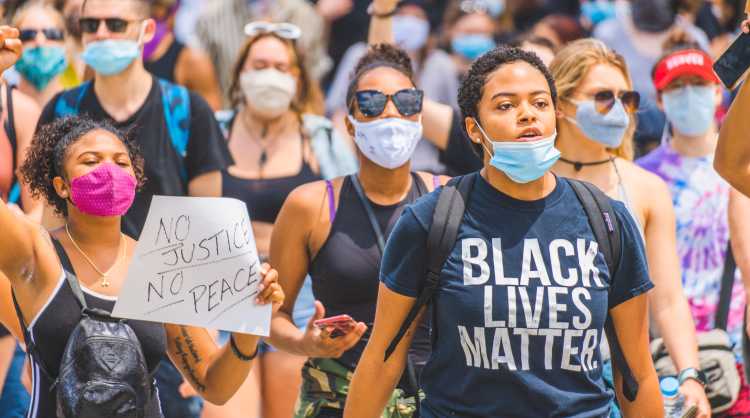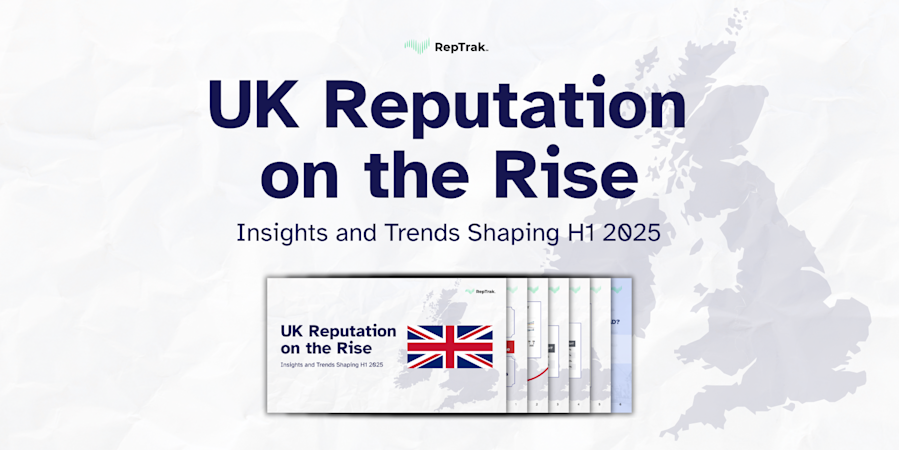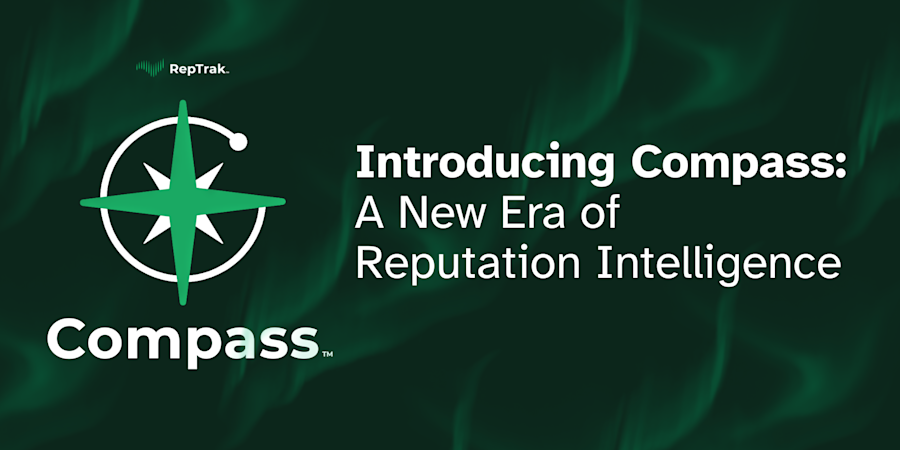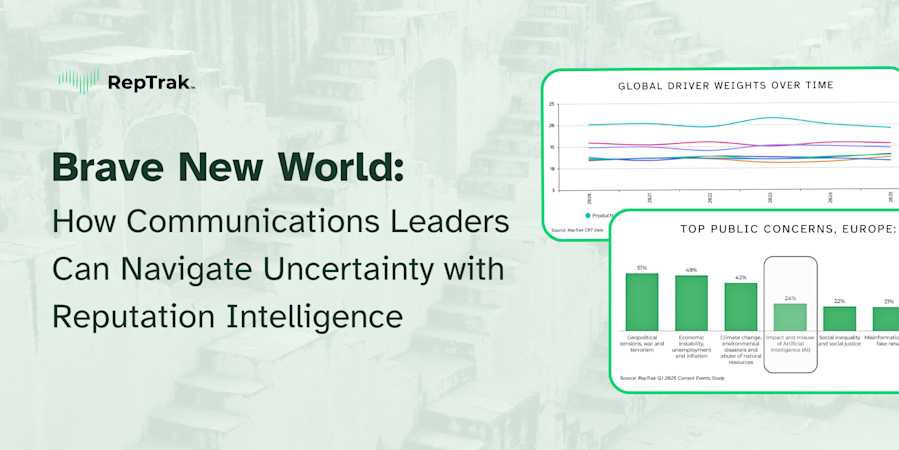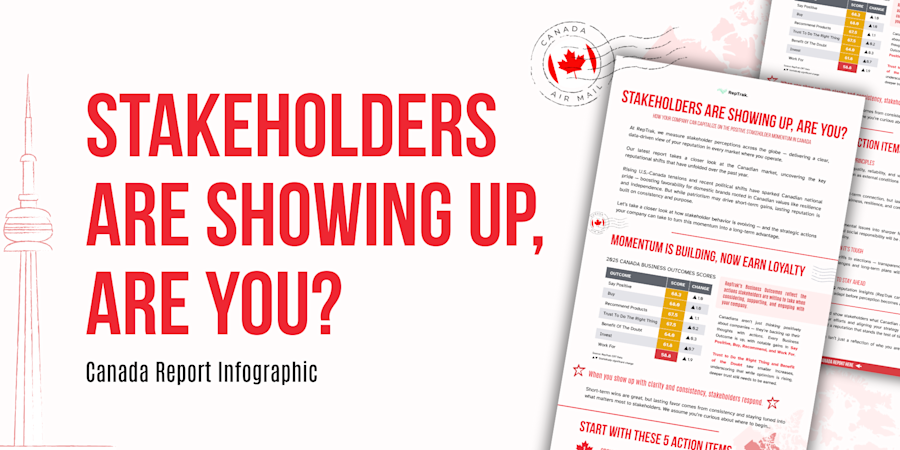How the Black Lives Matter Movement Has Quickly Shaped Consumer Expectations on Corporate Activism
Blog Post29 Jul, 2020
Marketing and communications leaders are in the powerful position of leading their company’s response regarding social issues that matter deeply to their stakeholders. These days, the general public is increasingly demanding corporations take a stand on multiple issues, including social equity, discrimination, and structural racism. As some companies have learned, there is risk associated with keeping silent, as social movements have now become front and center in the news, on social media, and in public debate. There are also risks associated with being vocal, particularly when consumers perceive messaging to be polarizing, performative, or opportunistic.
How can leaders help their companies react to social justice issues in a way that is consistent with their brand and long-term goals? What sort of tools can decision-makers rely on to effectively track the impact of their related actions and statements?
Between June 30 and July 7, 2020, The RepTrak Company conducted a study to provide a data-driven diagnosis of how companies have responded to the death of George Floyd and the greater Black Lives Matter (BLM) movement. Surveying 1,189 respondents in the United States, we analyzed the reputational impact of saying and doing the right thing. We also leveraged our continuous tracking capabilities to test if the factors that drive corporate reputation in the United States have changed in response to the social justice movement and its manifestations across the country.
While the data centers on recent corporate reactions to the Black Lives Matter movement in the United States, we believe these insights carry implications beyond this unique context. Here are five key takeaways from this study.
1. Companies are expected to take a stand on social issues
Nearly two-thirds (65%) of the general public say they agree that companies should respond to the death of George Floyd and the ongoing Black Lives Matter movement, compared to only 26% who disagree. The proportion of respondents who expect companies to take a stand on these social issues is even higher among younger demographics of consumers: 72% of those ages 25–34 and 80% of those 18–24 believe companies need to be involved.
2. Leveraging company leadership to address racial justice issues is uniquely important among the Black and African American community
Eighty-five percent of Black and African Americans expect companies to speak out and take specific actions in response to the recent death of George Floyd and the ongoing Black Lives Matter movement. Compared to the overall public, Black and African Americans express greater expectations around a company’s Leadership Driver. RepTrak data indicates that Leadership accounts for 12.8% of a company’s Reputation Score among the general public, but its importance rises to 16.1% among Black and African Americans. This speaks to the importance of companies assuming an active role as corporate activists and the opportunity to be forward-thinking regarding social justice.
3. A company’s reputation and the general public’s support toward companies improves significantly when the public is aware of its actions in response to Black Lives Matter
Despite the efforts of so many corporations, awareness of companies responding to the death of George Floyd or the Black Lives Matter movement is starkly low among the general public. On average, just 9% of respondents are aware of statements that companies have shared, while only 6% are aware of concrete actions. Netflix is among the companies that gets the most credit for having been both vocal and committed, while Ben & Jerry’s is the company with the highest response recall.
While low, awareness of a company’s response to BLM results in a stronger reputation and significantly greater levels of support. Reputation Scores among consumers unaware of a company’s statement or action in response to the death of George Floyd and the Black Lives Matter movement is average, while scores among those aware of a response is 8.4 points higher—enough to move a company’s Reputation Score from average to strong.
The stronger reputation among those aware of BLM actions also translates into stronger business outcomes for corporations. Sixty-eight percent of consumers who are aware of a company’s response to BLM are willing to buy from it, compared to 48% of those who are not aware. Willingness to give a company the benefit of the doubt is twice as high among those aware of BLM activities, compared to those not aware.
Consistent with the high proportion of respondents who want companies to take action, reputation and support is stronger among those that can recall a company being involved. The challenge seems to center around how to break through to the general public, given low recall of corporate initiatives.
This is consistent with similar research we conducted reviewing corporate reactions to COVID-19.
4. Creating a diverse and safe workforce is twice as relevant to consumers than making a public statement
Talking about change will not guarantee the public’s support, unless it is backed up by an action plan. When asked about the actions companies should be taking at this time, consumers believe workplace transformations to be most critical for companies to act upon. Data from our survey suggests that consumers want companies to strive for long-term outcomes for racial justice issues, starting by addressing the diversity of their workplace and the resources they provide to employees. Making a public statement is not enough; only 14% believe it to be a priority.
Overall, the data contains a clear call for corporate change. In the eyes of consumers, the transformations should start from within companies, by educating employees and striving for a safe and inclusive workplace.
5. A powerful social movement can quickly shift consumer expectations, and companies need information to pivot in the right direction
The RepTrak model tracks the importance of 23 Factors on a company’s Reputation Score. Between May and July 2020, the importance of Factors associated with diverse workplaces, supporting good causes, and adapting to change have drastically moved up in importance month-over-month. “Offers equal opportunities in the workplace” went from being the 19th most important Factor to the seventh most important. “Adapts quickly to change” went from being nearly in the bottom of the list, in 21st place, to being number nine. RepTrak data indicates that when a social movement adds enough pressure to the public debate, it can significantly alter what consumers are expecting from companies. An inability to respond to these shifting expectations can lead to the perception that businesses lack relevance or lead them to act in ways that do not align with what drives the market.
Bottom line: Consumers want significant action
In conclusion, the picture provided by this study suggests that as the discussion about Black Lives Matter peaked, consumers expected corporations to take action in a significant way. While communication leaders might have identified many voices competing to be heard, our data indicates that recall of concrete statements and initiatives among consumers was low. However, this does not mean that they did not care about it—July data shows how BLM-related factors became significantly more important as drivers of reputation.
The results of this study tie to a broader shift in the role of corporations across the globe. With the rise of discussions around higher purpose and increasing demands for companies to deliver with respect to ESG, successful companies will have to own and carefully track their impact on society.
Sue Tobias Vice President, Market Leader, North America The RepTrak Company
Jafar Alakbarov Director, North America The RepTrak Company
Lyndsey Tierney Manager, Client Services The RepTrak Company
